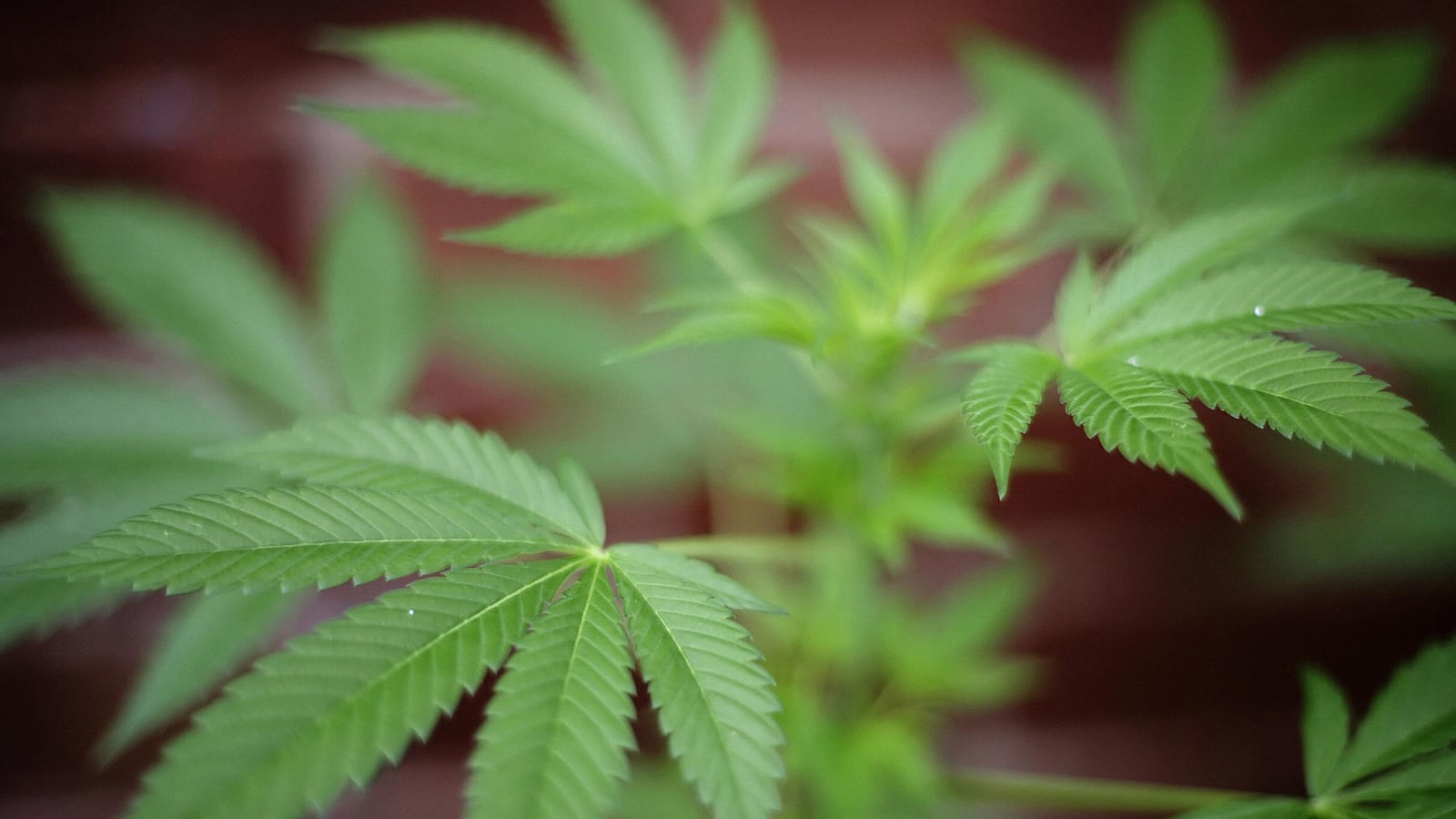
by Kiran Moodley
The U.K.'s energy regulator proposed new rules to combat electricity theft on Wednesday, revealing that up to one-third of electricity stolen each year is used to power cannabis farms.

"Theft of electricity increases the costs paid by customers and can have serious safety consequences. It leads to misallocation of costs among suppliers that can distort competition, and hamper the efficient functioning of the market. It also has links to organised crime, and in particular cannabis cultivation," said Chiara Redaelli, an economist at regulator Ofgem, in a report on tackling energy theft.
According to Ofgem, up to 25,000 cases of electricity theft take place each year, costing the industry at least 200 million pounds ($304 million), or around 7 pounds per customer. Around one-third of the illegally extracted electricity is used in cannabis cultivation.
Debating whether the legalization of marijuana could help the economy, reports CNBC's Trish Reagan; with Leigh Gallagher, Fortune, and Keith Boykin, The Daily Voice.
Redaelli attributed the high level of cannabis-related electricity theft to the energy-intensive nature of cannabis farming. She said cannabis farms consumed around 12,000 kilowatt-hours (kWh) of electricity per month, 40 times greater than the average domestic consumption of 3,000 kWh per month.
"This consumption is often not paid for, either because it is unrecorded (because of meter tampering) or because the bill is not paid," she said.
In the report, Ofgem proposed new rules requiring energy suppliers to detect, investigate and prevent electricity theft, or face fines. Ofgem also proposed a theft risk assessment service to target suspicious premises.
"Ofgem wants to make sure that consumers are paying no more than they need to for their electricity, and lives are not put at risk. It's critical that suppliers do all they can to clamp down on electricity theft. This is why Ofgem is introducing new rules to encourage better theft detection," said Ofgem Chief Executive Andrew Wright.





